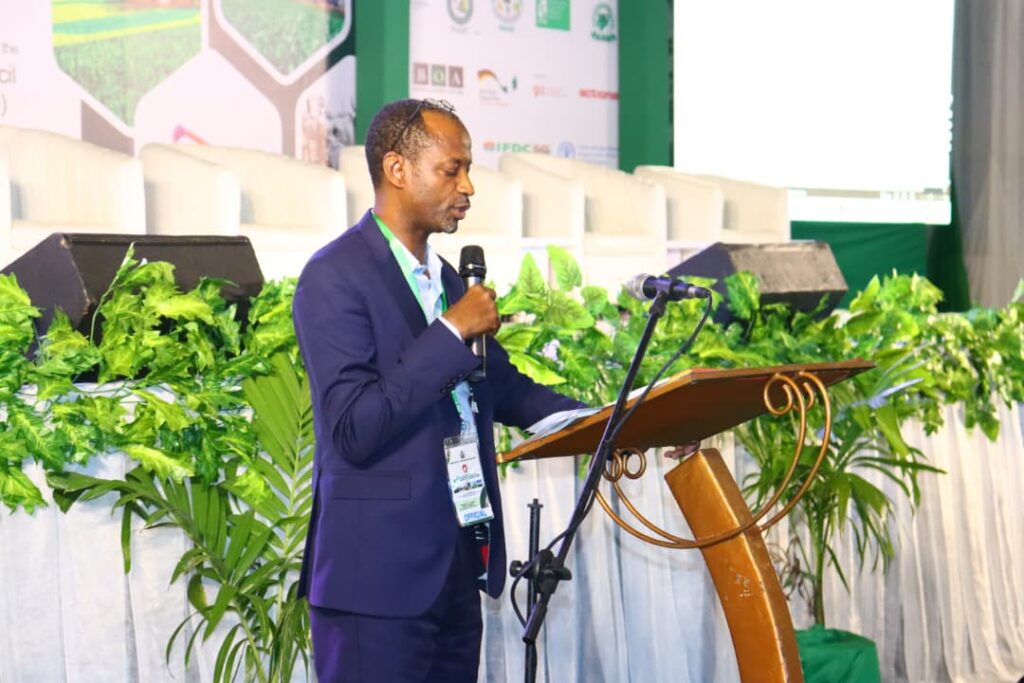
Plastic crates are a proven solution for horticulturalists – durable, reusable, and perfect for protecting produce from bruising during transport. But for many small- and medium-scale agribusinesses, the up-front cost of crates remains a major barrier.
Accessing finance for crate procurement has traditionally been difficult, as financial institutions typically view lending to agricultural businesses as high risk. This is where the Nigeria Incentive-Based Risk Sharing System for Agricultural Lending (NIRSAL) Credit Risk Guarantee (CRG) program plays a critical role: by covering a percentage of the lender’s risk, it enables banks to extend loans with greater confidence.
Until recently, the CRG for plastic crates stood at just 30%, which limited the scale of lending to actors in the supply chain. Through targeted policy advocacy, HortiNigeria worked with government stakeholders, financial institutions, and value chain actors to present a strong case for increasing the CRG to 50%.
By championing this reform, HortiNigeria has demonstrated how strategic policy engagement, backed by high-level government approval, can remove financial barriers, stimulate innovation, and build a more competitive, investor-ready horticulture sector.
Using evidence-based data, HortiNigeria demonstrated that higher risk guarantee coverage would encourage more banks to finance crate purchases, leading to wider adoption and improved post-harvest handling across the horticulture sector.
In 2024, a formal memo proposing the CRG increase was submitted to the National Council on Agriculture and Food Security, the highest regulatory body for the sector. The proposal was approved, marking a significant policy milestone for horticulture in Nigeria.
The policy shift to a 50% CRG is a game-changer. Reducing lenders’ perceived risk is expected to unlock significant private sector investment in crate manufacturing, leasing, and distribution. Agribusinesses and farmer groups can now more easily access affordable finance to buy or rent crates, improving product quality, increasing market value, and reducing losses.
For potential investors, the CRG increase signals a more secure and supportive environment. Local manufacturers can scale up production knowing there is a growing, finance-backed market. Financial institutions can expand their agricultural lending portfolio with reduced exposure. Farmers and aggregators can handle produce more efficiently, boosting incomes and strengthening Nigeria’s horticulture value chain.
By championing this reform, HortiNigeria has demonstrated how strategic policy engagement, backed by high-level government approval, can remove financial barriers, stimulate innovation, and build a more competitive, investor-ready horticulture sector.
HortiNigeria (2021-2025) is funded by the Embassy of the Kingdom of the Netherlands in Nigeria and implemented by IFDC, together with KIT Institute and East-West Seed Knowledge Transfer Foundation (EWS-KT).





